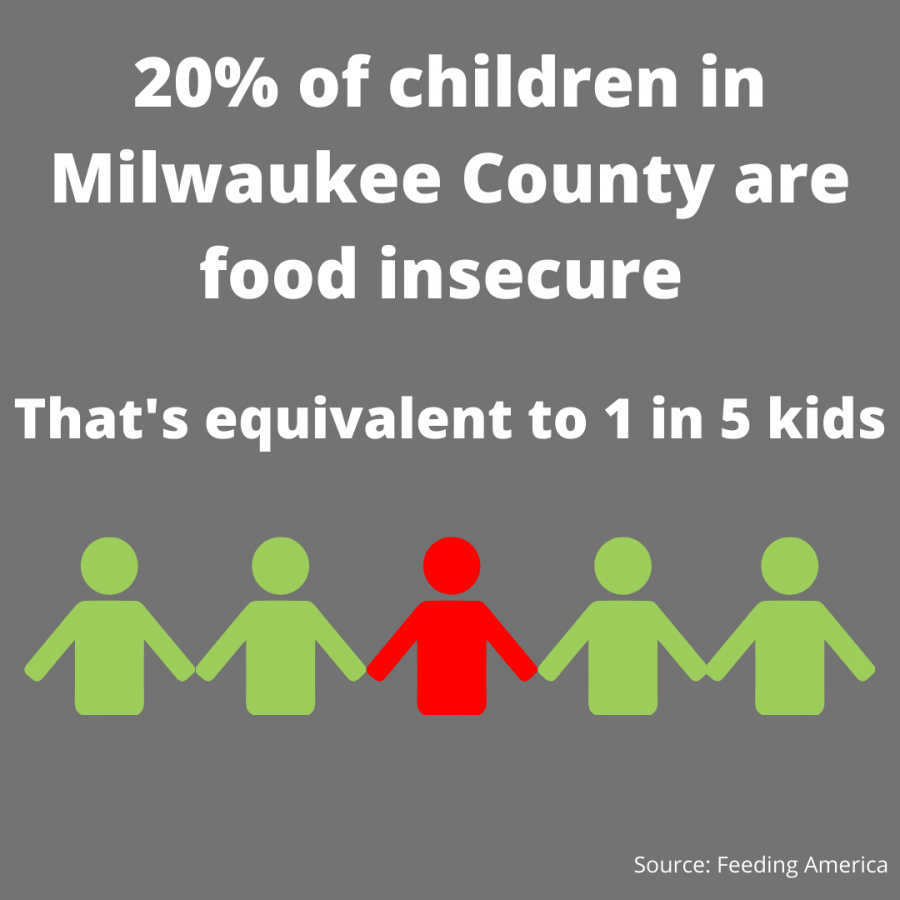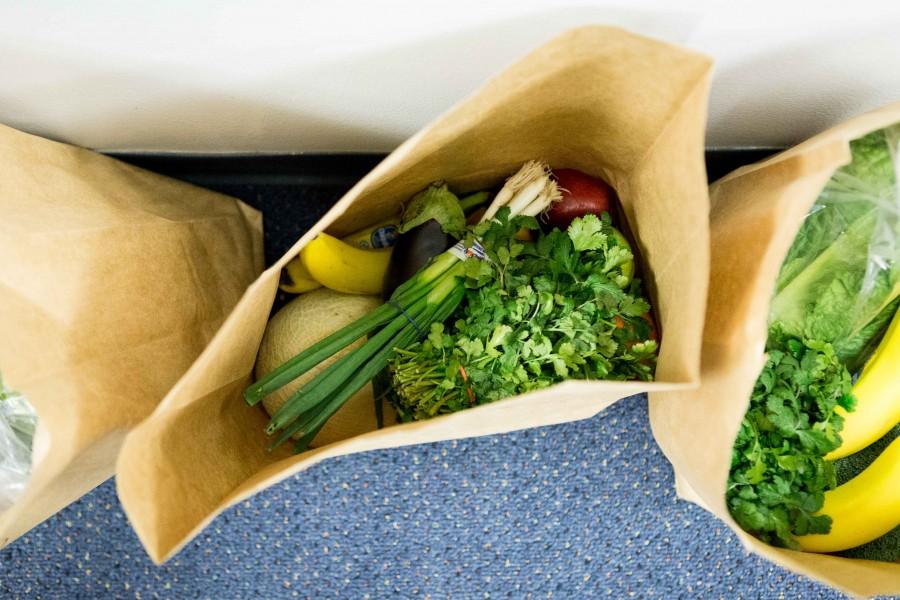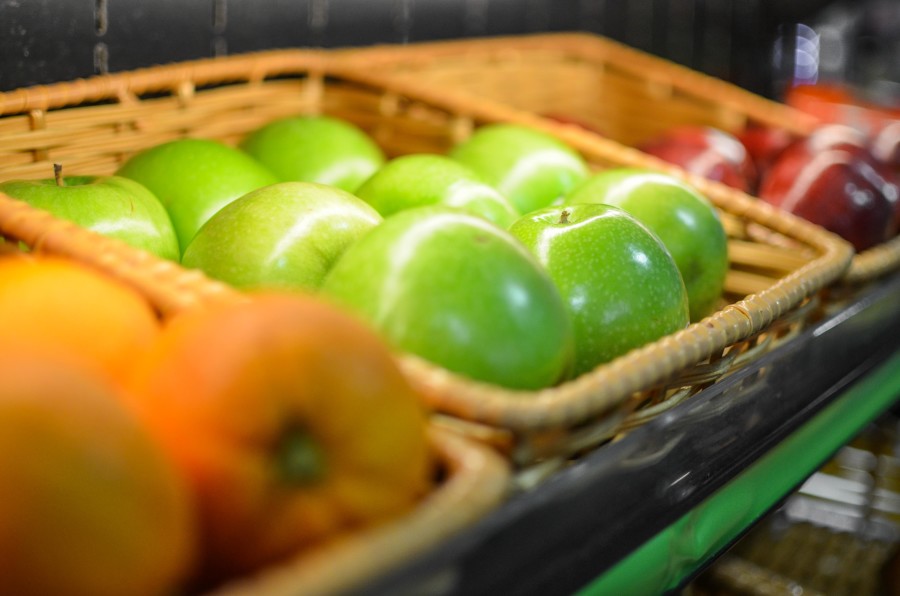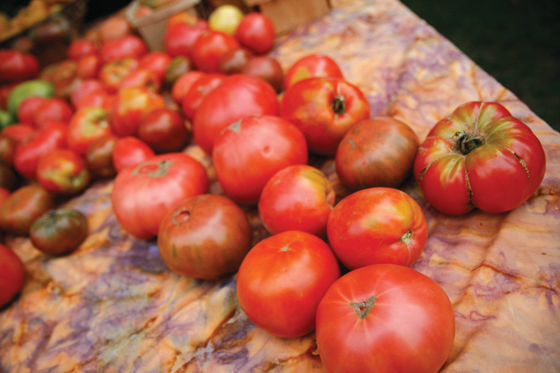A plan proposed by Milwaukee Mayor Tom Barrett to address the city’s foreclosures and the unavailability of fresh food in some neighborhoods is one of 20 ideas that could win $5 million in funding.
The HOME GR/OWN proposal, part of the Bloomberg Philanthropies’ Mayors Challenge Fan Favorite Selection, aims to take foreclosed properties around Milwaukee and convert them into urban agriculture centers. Four runners-up in the Bloomberg competition will receive $1 million each.
Milwaukee residents can show their support for the project through Thursday by voting on the Huffington Post’s website or by tweeting their support via the hashtag #voteMKE. Winners will be announced later this year.
Matt Howard, environmental sustainability director for the City of Milwaukee, said he is confident the project could win.
“I think it’s a game-changer,” Howard said. “I think it’s a huge idea for Milwaukee. It can be transformative for our neighborhoods.”
Howard said the idea started when Mayor Barrett wanted to find a way to connect urban agriculture with the foreclosure crisis. The mayor hosted a public meeting where citizens of Milwaukee submitted their ideas.
Howard said the mayor used some of the ideas proposed in the meeting in the final draft of the proposal.
In a guest column published by the Huffington Post, Barrett said the mission of HOME GR/OWN is to engage, empower and enable residents to repurpose foreclosed houses and vacant lots into healthier food options, while creating safer, healthier neighborhoods.
Howard said most U.S. cities are trying to figure out what to do about foreclosures.
“The first thing we need to do is to take inventory and stock of the amount of foreclosed properties,” Howard said. The City of Milwaukee owns more than 3,000 vacant lots and just under 1,000 foreclosed homes. Sixty-five percent of neighborhoods do not have fresh food outlets.
Howard said the city is trying to figure out where the most foreclosed properties are in relation to areas lacking healthy food options. If the city doesn’t win, Howard said it still has plans to implement the proposal on a smaller scale.
David Mullins, a sophomore in the College of Engineering and president of Students for an Environmentally Active Campus (SEAC), said he is unsure whether the proposal will be successful.
“The right way to initiate these community gardens is to model them after the successful urban farms that already exist but also to integrate the local community through education on urban agriculture and the necessity for local, healthy produce,” Mullins said. “It seems as though they have the blueprints for a highly successful project.”
Mullins said challenges will arise when the gardens need community participation. He added that Milwaukee is at an advantage because of its other successful urban gardens, including Growing Power, an urban agricultural nonprofit organization headquartered in Milwaukee.
“I have now made numerous trips to Growing Power with SEAC, and we are always astounded by what they can produce on three acres of land,” Mullins said.
Chris Casey, a junior in the College of Education, said he likes how the proposal sounds on paper but would like to see the city take more ownership of it.
“This is a project for Milwaukee and by Milwaukee – I’d like to see and hear the pride in that,” Casey said.
Casey said the proposal may also bring jobs and a sense of solidarity to the Milwaukee community.
“It is up to Milwaukeeans to decide if they like it or not,” Casey said. “I am optimistic, though.”








Roxsen • Mar 6, 2013 at 8:30 am
It shows great vision by Mayor Barrett to use urban ag as tool in the foreclosure crisis. But don’t sell it short. These vacant properties can produce farm-size income if Milwaukee channels some of the energy and enthusiasm surrounding local food into entrepreneurial businesses. This will require training a large and diverse number of residents in appropriately scaled farming methods and microenterprise development and getting them operational quickly and inexpensively. SPIN-Farming is a training approach that accomplishes this.
It is easy to help people grow food. It is quite different to equip them with ability to grow consistently, in significant volume, at commercial grade. For urban agriculture to achieve the potential the mayor envisions, it needs to be regarded as a profession,not a social service program.